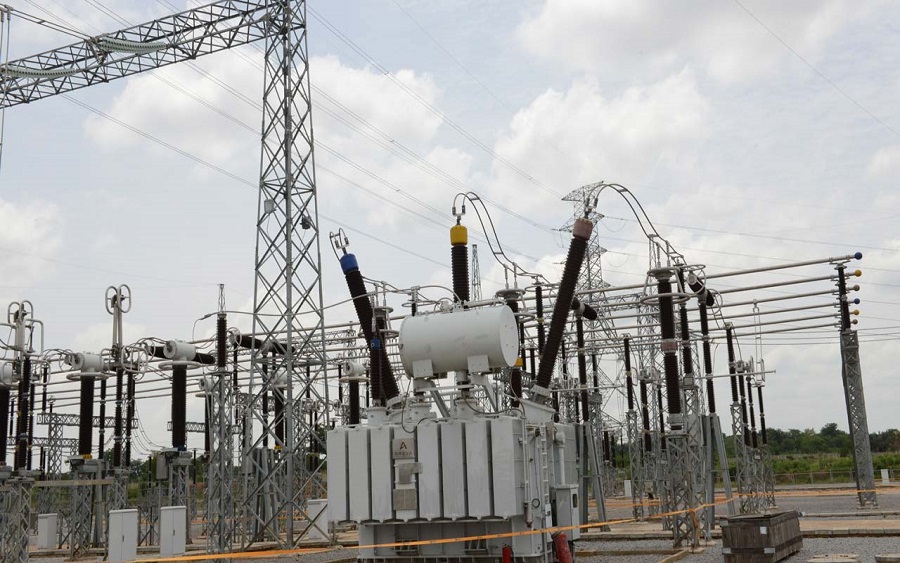As far as the Nigerian Electricity Regulatory Commission (NERC) is concerned, the Federal Government will bear a financial burden of N544.894 billion in 2020 being the cumulative shortfall in electricity tariffs of the 11 electricity distribution companies in the country.
The regulatory agency noted that the Federal Government has committed to funding the revenue gap arising from the difference between cost-reflective tariffs determined by the commission and the actual end-user tariffs payable by customers.
In line with the provisions of MTYO 2015 which stipulates the need for biannual review of tariffs, the commission recently issued the “December 2019 Minor Review of MYTO 2015 and Minimum Remittance Order for the Year 2020” to all Discos which is expected to take effect from 1 Jan 2020. Using Ikeja Disco as a proxy, we observed that the Minor Review Assumptions for 2019-2020 is based on the underlying assumptions; Exchange rate of N310/$1, Inflation rate of 11.3%.
Privatisation of the industry in 2013 (see CSL Nigerian Power Sector Report, 5 August 2014) brought generation companies and distribution companies into private ownership but has done little – if anything – to increase Nigeria’s power supply. Although the privatisation scheme was done with extreme care, with an elaborate structure and a number of different agencies to shepherd it through to success, there was always one major sticking point: tariffs were too low.
In 2015, the Nigerian Electricity Regulatory Commission (NERC), reportedly acting on a directive of the then Minister of Power, Works and Housing, Babatunde Fashola, implemented steep increases in tariffs while dropping the unpopular (and arguably unjust) monthly charges.
This, however, generated public outcry resulting in a protest by the labour union, causing the Senate to issue a resolution for the price increases to be suspended. We are uncertain if the proposed new tariffs have been implemented or are yet to be implemented but what is clear to us is that consumers may again revolt against the price increases.
[READ MORE: Power: FG signifies financial commitment to Siemens agreement)
We have always believed that low tariffs retard the development of the power sector and as such, we see the efforts to come up with a fair tariff system as a major step towards boosting electricity supply in the country. However, we believe the revised tariffs scheduled to take effect this year still dwarfs cost-reflective tariffs. This suggests that the year 2020 may not be entirely different from historical trends where the nation’s power sector rested on the shoulders of the Federal Government, who has been forced to intervene to keep it afloat and prevent a total collapse.
________________________________________________________________________
CSL STOCKBROKERS LIMITED CSL Stockbrokers,
Member of the Nigerian Stock Exchange,
First City Plaza, 44 Marina,
PO Box 9117,
Lagos State,
NIGERIA.
